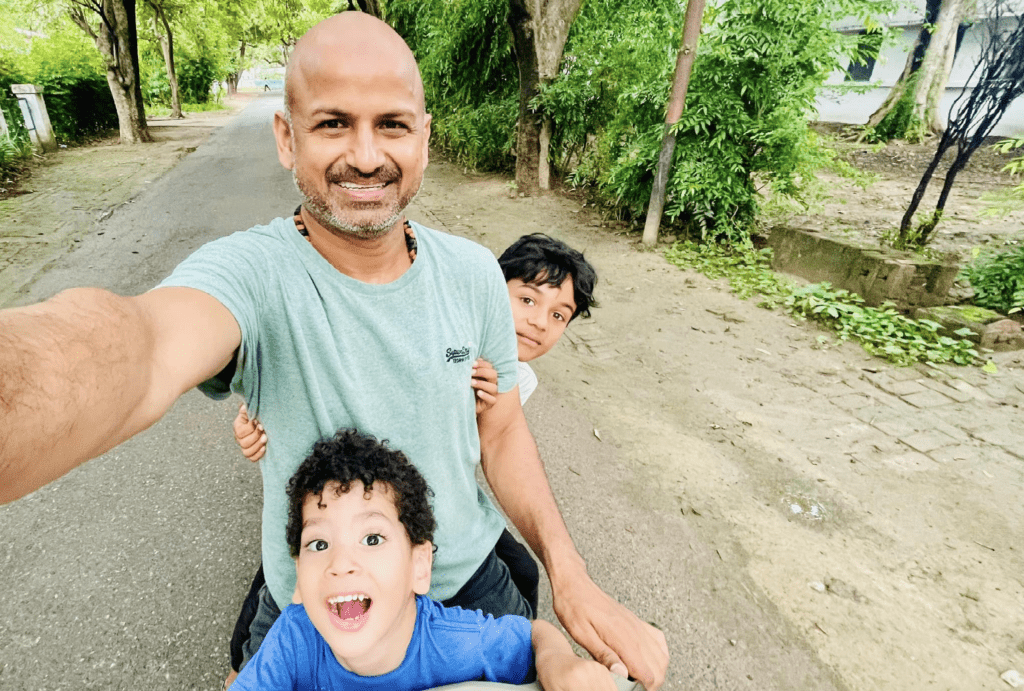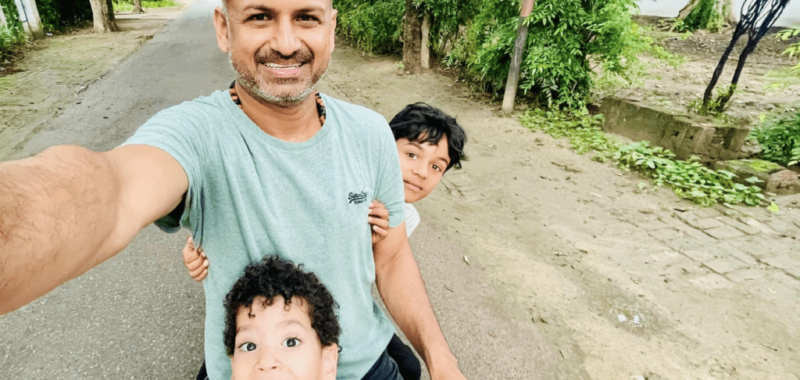
This is the fourth in a series of video diaries I am doing while spending time in Morocco for a family commitment. I am experimenting with this video diary format to share my thoughts on the travel industry through the lens of my stay here.
Here’s the first one, which was on preserving authenticity in a digital age, the second one, on the renewed importance of visiting-friends-and-relatives travel in a globally mobile world, and the third one on the rise of the individual vs. brands and what it means for travel leadership.
The fourth one is below. If you aren’t able to view the video properly here, check it out directly on my LinkedIn post.
The Joy of Traveling with Kids in Family-Centric Cultures
Here’s another in my series of video diaries about the travel industry and my extended stay in Morocco. I’ve been here for three weeks now, with another two or three weeks to go. I wrote on Twitter about how traveling in family-friendly countries is such a shock to the Western mind, and I wanted to elaborate on it.
I am a parent of three kids, and traveling here with my wife and children has been mind-expanding and liberating. The family-friendliness—you might assume they’re putting on an act, but this is genuinely how the society is.
Morocco is just one example, and India, where I grew up and visit often, is another. This isn’t a show; it’s woven into the daily fabric of society.
Western societies aren’t the norm, and that affects how we live and travel. Let me give you a few examples to illustrate how liberating it is to travel here and not have to worry about how you’ll deal with your kids.
You see it at the airports, where families get special preferences — way more than just the lip service you get in, say, U.S. airports. For instance, Royal Air Maroc, which isn’t a great airline in many respects, will treat kids so much better, even volunteering to take care of them if they see parents are overwhelmed.
Restaurants here are structured with kids in mind. As soon as my kids sat down in a restaurant in Casablanca two days ago, the staff brought over a coloring book to keep them busy. In many places here and in India, they have play areas built into the restaurants, especially the bigger ones. You pay a little fee, but the kids can play with other children. In the West, and certainly in my family, the norm is giving them a phone so the parents can eat in peace. But I’ve noticed very few kids on phones in restaurants here.
People treat their kids very gently. Even strangers would come and kiss our daughter, and she would too, and it’s totally normal. In America or Western societies — maybe a little more in Europe but very little in the U.S. — that would be a total taboo.
Collectivist and High-Trust Societies
One of the larger thoughts I connect this to is the difference between individualistic and collectivist societies. In collectivist societies, there’s a “village brings up the kid” mentality. It is very pervasive and ingrained in places like Morocco. When we travel, we’re able to see it.
A similar concept is high-trust versus low-trust societies. Traveling in high-trust societies with kids is so much easier and more joyful. Kids are not seen as an imposition on someone else’s daily life or personal space. You can sit in a restaurant, and if your kid is playing with other people’s kids, it’s totally normal and fine.
True Luxury
What is luxury travel? For parents like us with three kids, true luxury is being in countries that are family-friendly. It’s being at ease with small things.
We’re at a mall currently, and there’s a play area where we’ve left our kid. In America, you would never be able to do that because they’d want the parents to be within eyesight. Here, it’s a given because it’s a high-trust society.
The more I travel, the more I see how the rest of the world — the majority of the world’s population — lives. Even the U.K. is more family-friendly than the U.S.
Traveling with family, and not just kids but also the elderly, is so much more considered. In many parts of the world, people travel multi-generationally, which is how most people travel in the global south, if you will. There’s so much more consideration for older people, as much as there is for kids.
The one part of the travel industry that needs to be totally restructured, particularly in the Western world, is how people treat families. Families should be baked into every consideration. If the travel industry gets better at it, moving beyond lip service or imposed structures to a genuine sense of hospitality, people will travel more and reward the industry for it.
There’s so much here, so many threads. I wish we could do a full conference on family travel and how it gets totally ignored, or at least how the structures are completely ignored on how to make travel easier for families. There’s a lot to learn, part of the true hospitality of cultures like this that Western cultures and Western hospitality can learn from.

